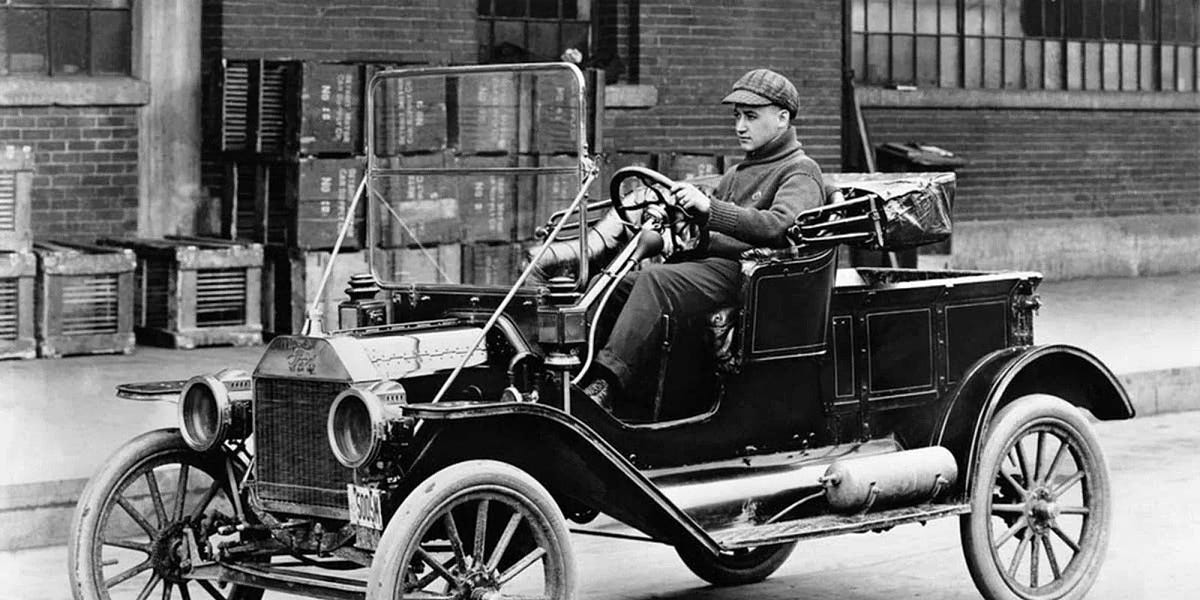You will notice that the 1980s was the peak of deindustrialization, which began in the 1970s, if you check the data - the late 1980s boom was no longer from traditional manufacturing, but from tech and service sectors. Strong dollar policy, high borrowing and deficit spending, which caused immense damage to the manufacturing sectors, for example the machine tool industry, were also during the 1980s.The late 70s and 80s was peak or high point of de industrialization in US. Like OTL these businesses would flood into south with increase new dealers and trade Union influence in north and rust belt
And actually, relocation of industries to the South began during if not before the Great Depression - and that's before the invention of air conditioner. New Deal and WW2, if anything, massively delayed that trend as both helped poured resources into the industrial North and the latter also destroyed its competition abroad.
You are actually already advocating for the UK approach a.k.a the Thatcher approach, which actually went way further than Reagan in both deregulation and austerity.ook more European approach to economics the rust belt would be even worse and more widespread then otl
The Continental European, and Australia & NZ, and even Canada (whose deindustrialization phase was hardest in the early 21st century for different reasons), OTOH, actually managed to mitigate the worst excesses of deindustrialization than America in many aspects - the old industrial regions there never suffered as much as the Rust Belt. Quite a number of European countries managed to retain the relevance of manufacturing as a major sector in the economy in terms of sector size and employment.
I don't think this is necessary - if anything this is counter-productive. Even Far East capitalist countries that you cited also maintain welfate states with actual universal healthcare systems. If anything, universal healthcare systems paid for either by taxes or mandatory social insurance contributions (those are 2 main models) reduce healthcare costs, which will have to be borne by private sector employers otherwise.Just less “insurance” and social safety nets as trade off.





